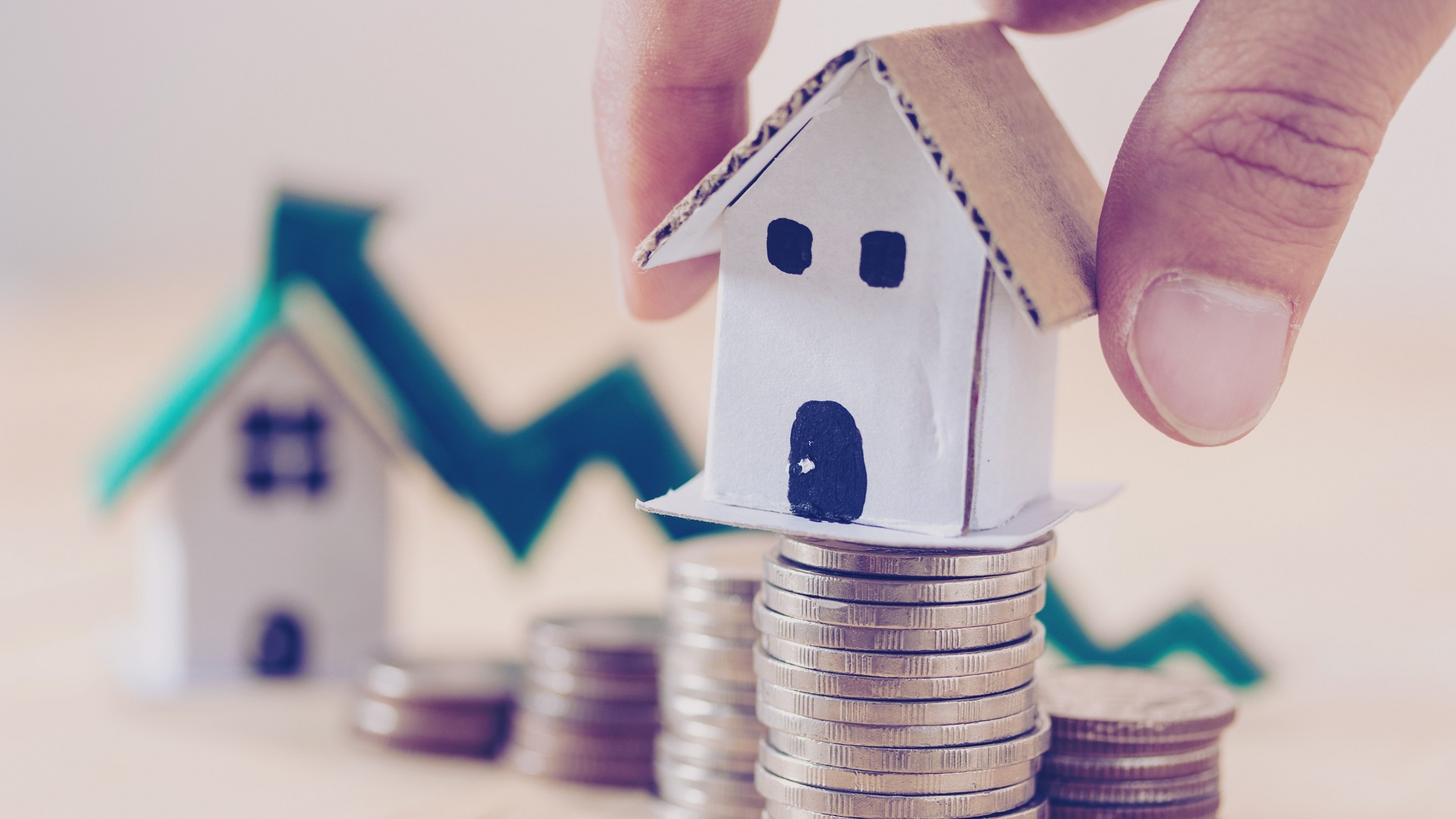
After years of hard work, you’ve finally achieved one of your life goals — taking the keys to your own home. Now you face a long list of decisions, from the exact shade of green for your kitchen to whether to spring for an in-ground pool or settle for an inflatable one in your nice new backyard.
Learn More: 3 Questions You Must Ask Before Tapping Into Your Home’s Equity
Find Out: 3 Advanced Investing Moves Experts Use to Minimize Taxes and Help Boost Returns
But not all these choices are fun. There’s also the matter of how quickly you’ll want to pay down your mortgage.
On the surface, paying off your mortgage early sounds wise. After all, it can save you thousands in interest over the life of the loan, give you peace of mind knowing your home is fully yours, and reduce the burden of one of your largest monthly expenses once it’s gone. For many, the idea of being debt-free, especially with such a big-ticket item, is reason enough to push extra cash toward the balance.
But before you start funneling every spare dollar into your loan balance, it’s worth listening to Richard Coffin, CFA, and host of the finance show “The Plain Bagel.” GOBankingRates caught up with Coffin as part of our Top 100 Money Experts series, and he shared some compelling reasons not to pay off your mortgage. Indeed, rushing to pay it off could wind up costing you in the long run.
Slowing Down Payments Lets You Take Advantage of Lower Interest Rates
“Mortgages tend to be a very cheap form of borrowing, relatively speaking,” Coffin said. He points out that this is largely because they’re secured by your home — a valuable asset that reduces risk for your lender and helps keep your interest rate low.
“That makes them more favorable than other types of loans like credit cards or unsecured lines of credit,” he said.
Given that you’re already paying a relatively low interest rate, it might make more sense to focus on higher-interest debt first, like credit card balances. And once that’s under control, you could revisit the idea of tackling your mortgage — or, if your risk tolerance allows, consider another option that Coffin suggests.
“If an individual can invest the money at a higher rate of return than their mortgage rate, they would make more money investing their excess funds rather than putting it towards their mortgage balance,” he said.
Read Next: 6 Hidden Costs of Homeownership That Can Wreck Your Budget
Paying Off Your Mortgage Early Reduces Liquidity and Flexibility
Coffin acknowledges that there are certain circumstances where paying off your mortgage early may feel like the right move.
“If someone has variable income, high fixed expenses, and struggles to stick to a budget, it could make sense for them to pay down their mortgage early if their situation allows for it,” he said.
But he also points out the opportunity cost. Putting extra money into your mortgage is essentially locking your money into an illiquid asset — meaning you can’t easily access it in case of emergencies or unexpected expenses.
Having money on hand instead of locked into your mortgage gives you the flexibility to better cover financial shocks like a job loss or sudden health issue.
Beyond emergencies, putting all your wealth into your home limits your ability to diversify. If you’re funneling everything into your mortgage, you may be missing out on opportunities to grow your wealth through other vehicles like retirement accounts or low-cost index funds.
Paying off Your Mortgage Early Is a Personal Decision
At the end of the day, the decision to pay off your mortgage early depends on your values, goals, and current financial position.
Would you feel better knowing your home is paid off — even if it meant you couldn’t tap into that money easily? Or would you always wonder what you might have given up in terms of investment gains?
To help you compare the trade-offs, you can run a more detached, numbers-based analysis. Compare your mortgage interest rate to your expected rate of return from investing, and see how much more you could earn by investing your money instead. The results may surprise you — you might find that you could come out ahead by six figures over time. If you’re leery of attempting the math on your own, you can find a mortgage vs. investment calculator online.
Ultimately, the best plan is the one you’re most likely to stick to.
“Paying down debt provides people a tangible objective that can be motivating to work towards, making it easier to commit to,” said Coffin. “While everyone should educate themselves on the opportunity cost of paying down debt, few people ever regret becoming debt-free.”
This article is part of GOBankingRates’ Top 100 Money Experts series, where we spotlight expert answers to the biggest financial questions Americans are asking. Have a question of your own? Share it on our hub — and you’ll be entered for a chance to win $500.
More From GoBankingRates
- Dave Ramsey Says This is the Best Way to Pay Off Debt
- The One Number That Reveals Your True Financial Health, According to Experts
- Are Memberships Worth It? This One Comes with More Than $1K in Annual Benefits
- 3 Advanced Investing Moves Experts Use to Minimize Taxes and Help Boost Returns
This article originally appeared on GOBankingRates.com: 2 Times It Doesn’t Make Sense To Pay Off Your Mortgage Early







